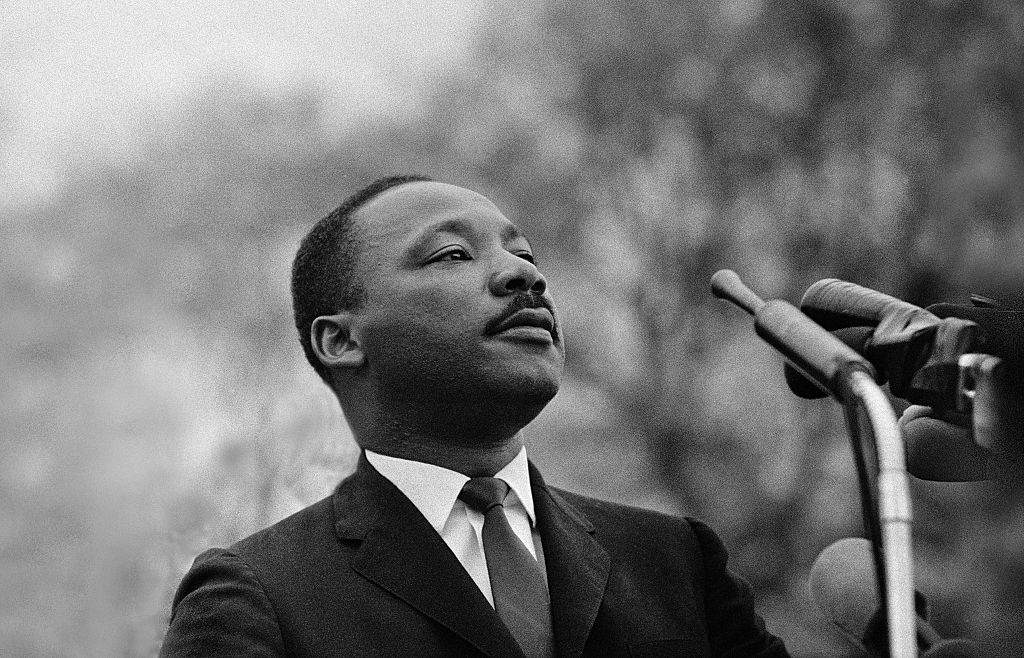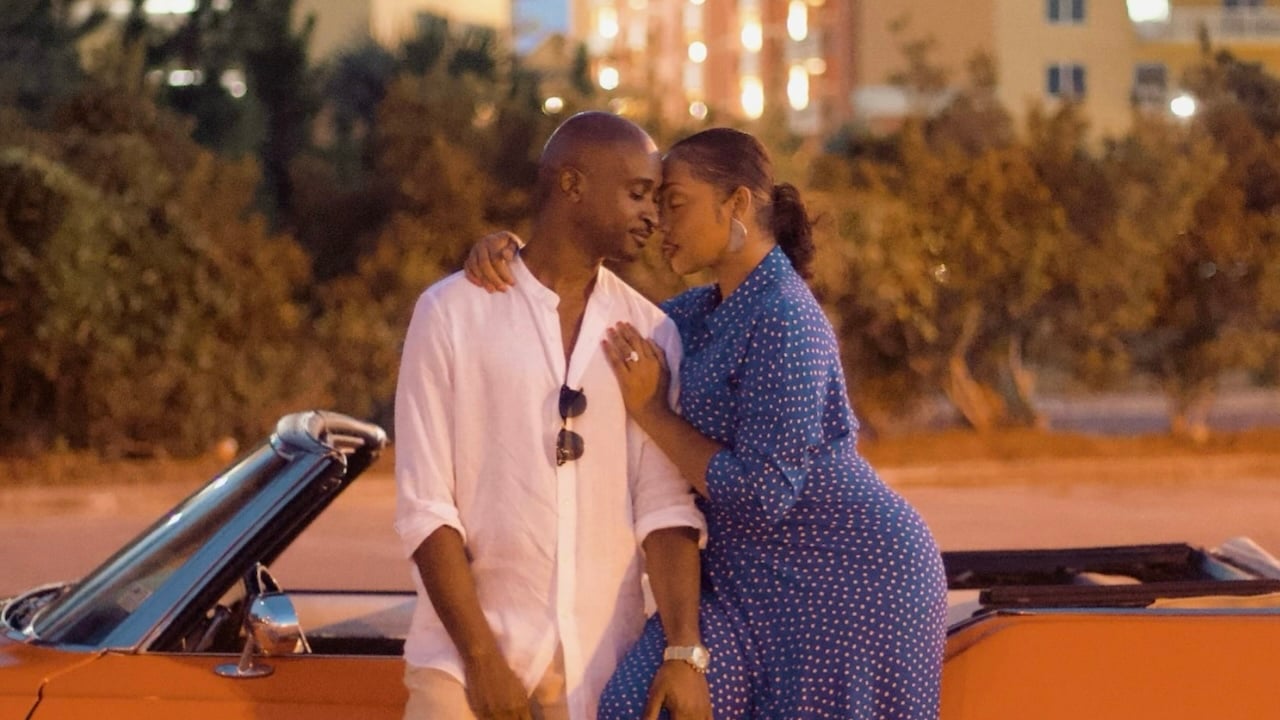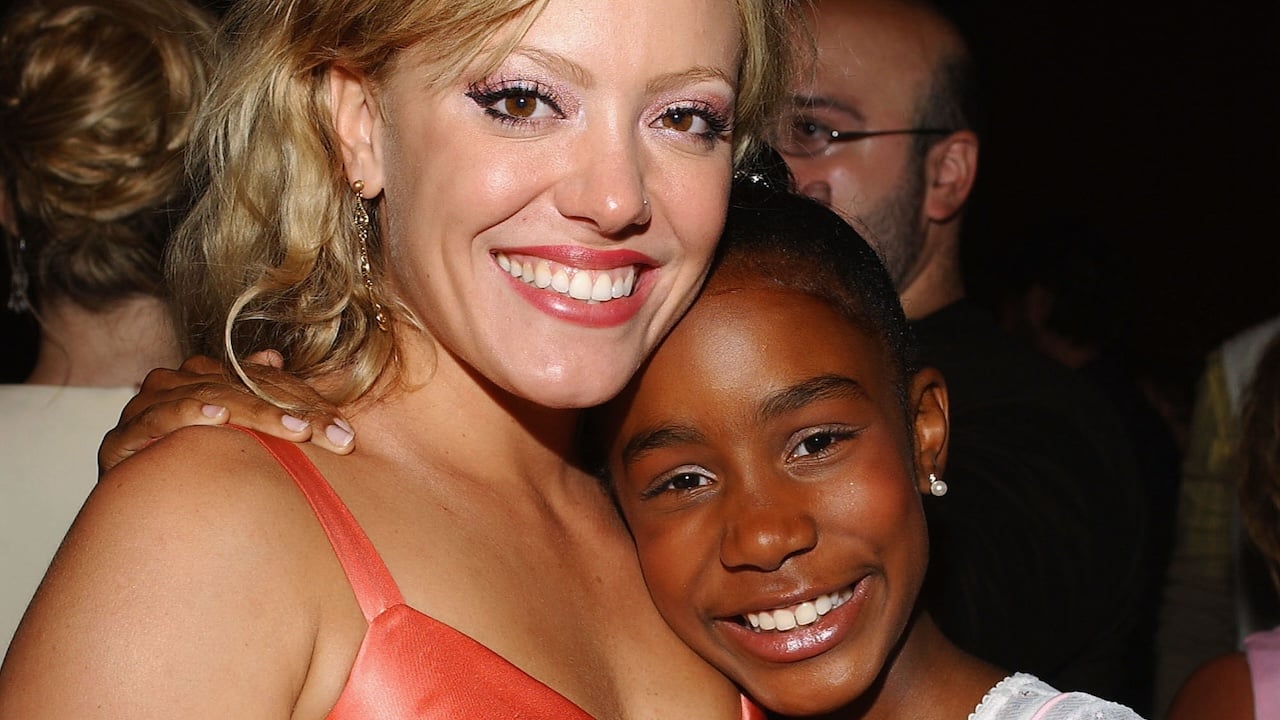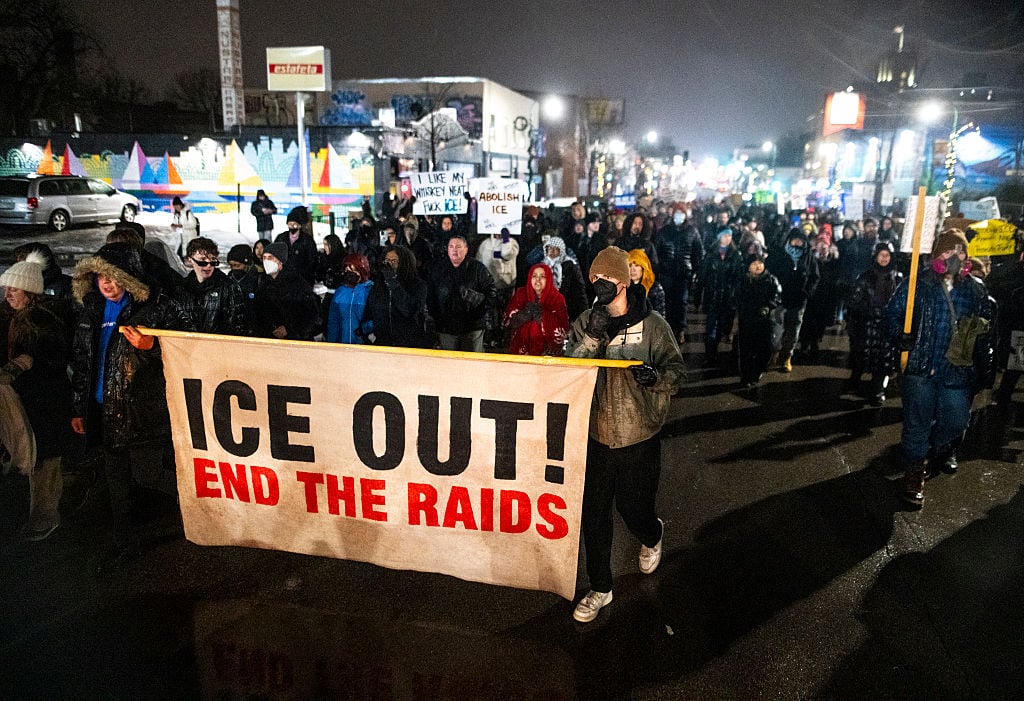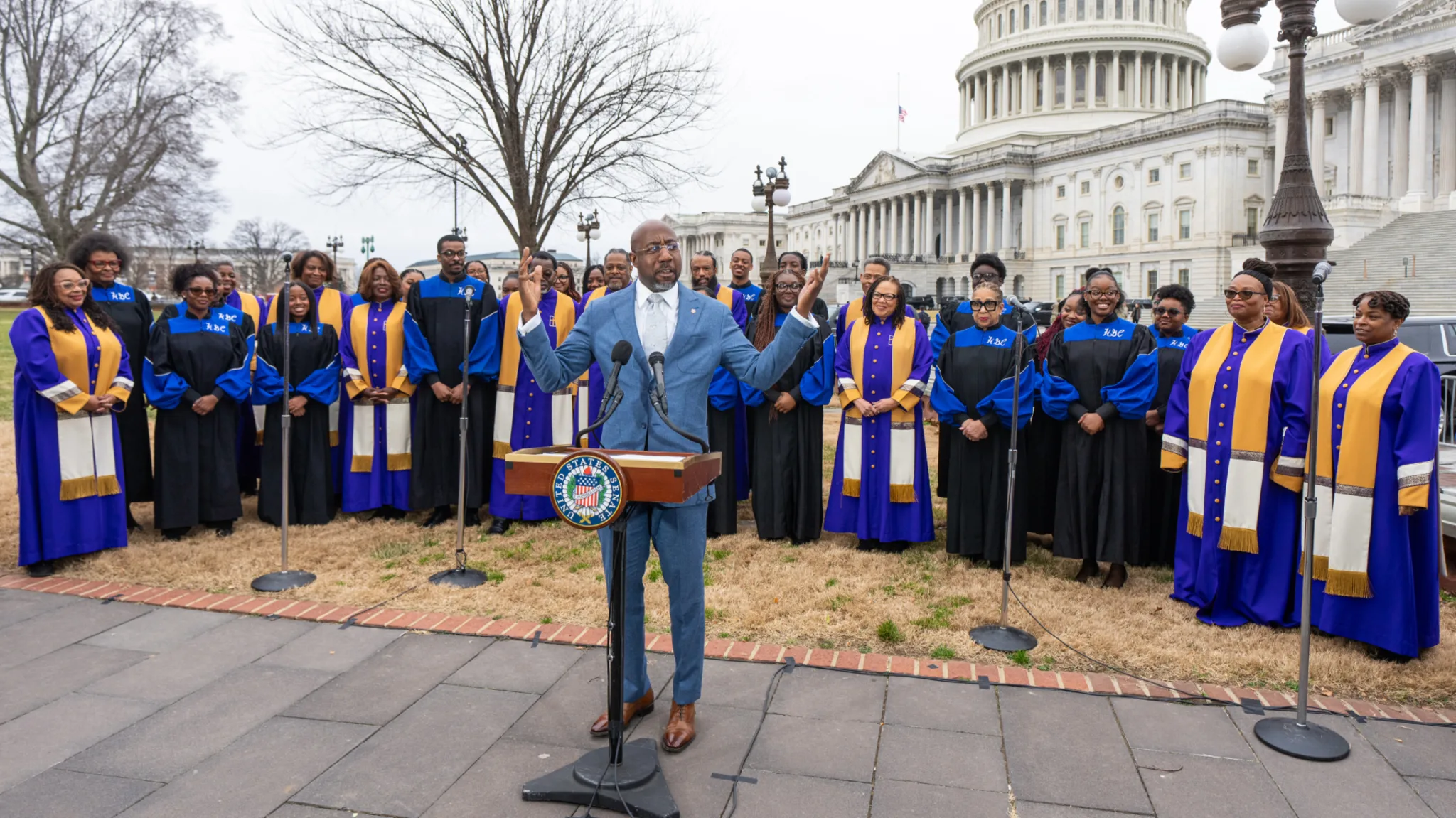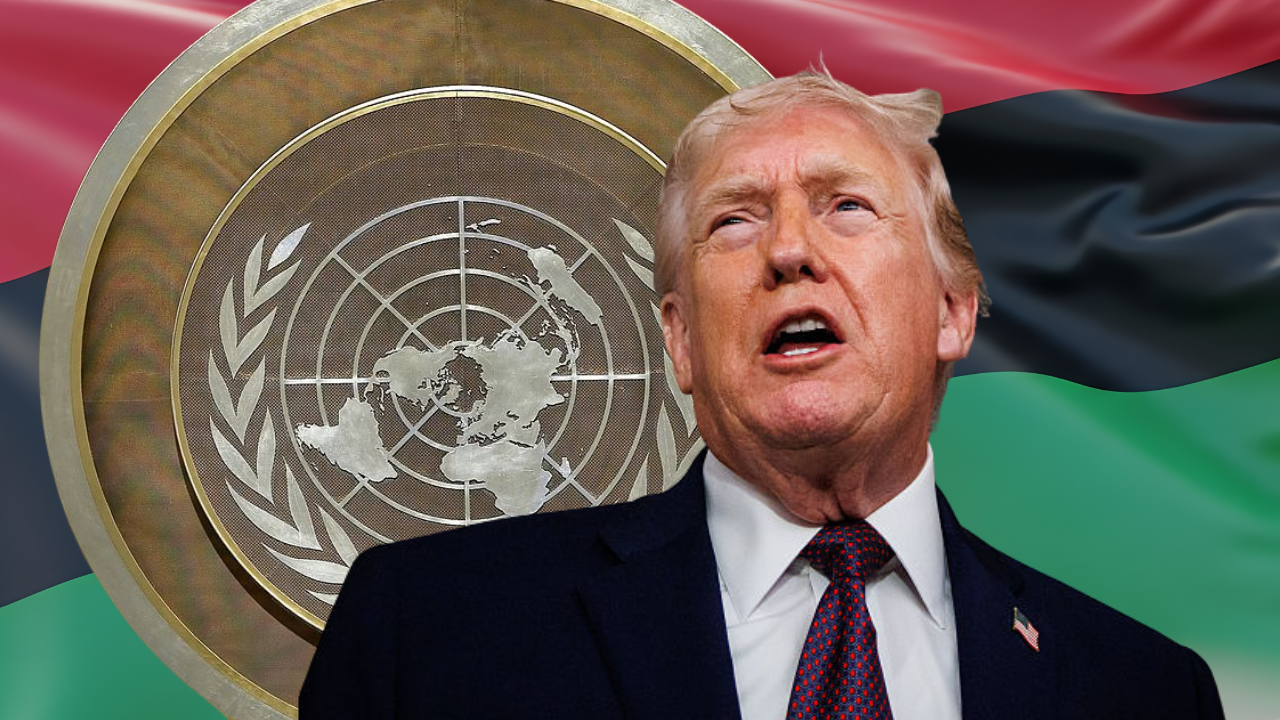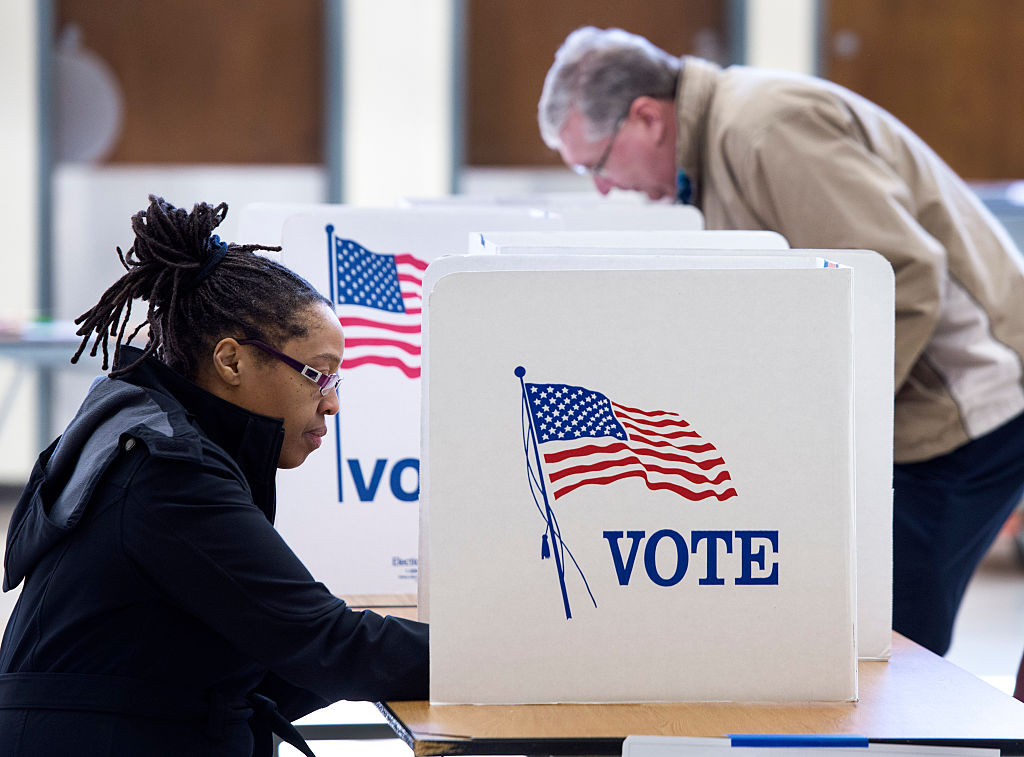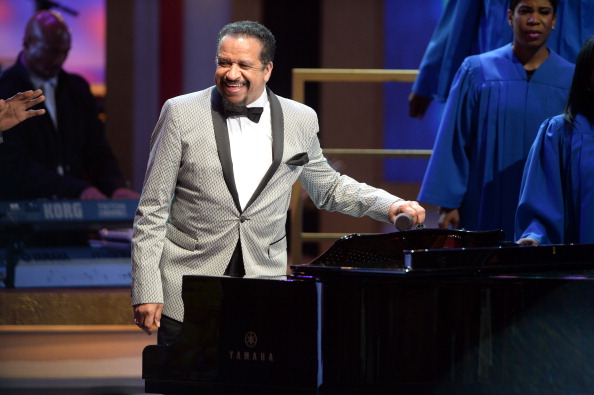‘How You Die Does Not Redeem How You Lived!’: Black Pastors Refuse to Canonize Charlie Kirk


The pulpit shook beneath him as Rev. Howard-John Wesley of Alfred Street Baptist Church in Alexandria, Virginia, stood behind the microphone. His face was taut with conviction. The choir stood robed in crimson and gold behind him. The sanctuary was alive with that electric stillness that falls right before the truth lands.
And then he delivered it: “I am sorry, but there’s nowhere in the Bible where we are taught to honor evil. How you die does not redeem how you lived. You do not become a hero in your death when you are a weapon of the enemy in your life.”
The sanctuary erupted. People shot up from their pews, hands clapping, voices rising into a chorus of “Amen!” and “Yeah!”
The sound rolled through the room like thunder layered with rhythm, a call-and-response born from centuries of Black worship. Some pumped their fists, others waved their arms, and the choir nodded and swayed. It wasn’t just applause. It was testimony—a collective surge of a people who know the difference between piety and performance, who know what it means to hear truth spoken plainly in a country that so often demands silence from Black folks.
Rev. Wesley said conservative gun-rights activist Charlie Kirk did not deserve to be assassinated. But he also made it clear he would not pretend tragedy could redeem an “unapologetically racist” man who spent his public life sowing division, degrading Black lives, and trafficking in white supremacy. He called out the spectacle of flags lowered to half-staff for Kirk, naming it what it was—selective mourning, selective outrage, a demand for compassion from a nation that could not muster any for Black lives, for Melissa Hortman and her husband, or for the countless other everyday people whose blood never drew national lament.
That image of a Black preacher in full fire, speaking from the marrow of a tradition that has always told inconvenient truths, is the place to begin. Across America this Sunday, Black pulpits, radio airwaves, and internet streams carried the same energy: sermons that refused to canonize Charlie Kirk, rejected the whitewashing of a racist life, and exposed the hypocrisy of demanding reverence for someone who built his career degrading Black humanity.
The tone was clear-eyed and unsentimental, rooted in scripture and memory, refusing to let a nation baptize a life’s record in the waters of sudden death and call it holy. Pastors did what Black pastors have always done at moments like this—they named the thing. They pushed back against compulsory reverence for a man who spent his life trafficking in contempt for Black people, Black women, immigrants, queer folks, and anyone who didn’t fit the white Christian nationalist fantasy. As Wesley put it plainly: the flag at half-staff doesn’t rewrite a ledger of harm. It doesn’t make a martyr out of a megaphone.
At New Birth Missionary Baptist Church in Atlanta, celebrity pastor Jamal Bryant reminded his people that “the cross is higher than the flag,” that Christian witness can’t be reduced to patriotic choreography or demands to bow before power when power has been used to wound. He named America’s fresh attempts to remix a life of racism into sainthood.

In Chicago, Rev. Otis Moss III of Trinity United Church of Christ pressed another truth in a sermon titled “Salt and Light.” He said there’s “a new kind of Christianity in America that is Christless…You can’t be mean and know Jesus. You can’t be racist and know Jesus.” He reminded his congregation that Black people expanded the democratic project in this country, that Black people are the salt and the light, and called them to embody that in this moment, not as sentiment but as public duty.
And in Tuscaloosa, Bishop L. Spenser Smith went pastoral and philosophical ahead of his radio program. He rejected the lie that death erases a life’s works, returning to the Black church’s vernacular theology: “May the works I’ve done speak for me.” He captured the tension many feel: the refusal to celebrate a killing, but also the refusal to canonize a man whose career depended on other people’s dehumanization.
Put these sermons together and you hear a choir of discernment: grief without amnesia, compassion without capitulation, Christianity without nationalism cosplay. This is not gloating. It’s a guardrail. It is ministers standing in a long line of Black truth-telling that runs from hush harbors through abolition pulpits to Fannie Lou Hamer’s microphone and King’s last Sunday night. It’s the church saying: we will not be gaslit into forgetting.
Meanwhile, a different liturgy has taken hold across much of white America this week, especially in white Christian, right-wing, and corporate spaces: the liturgy of veneration and control. It has been about enforcing reverence for Charlie Kirk, demanding a “proper” kind of mourning, and punishing those who deviate. Grief has become a loyalty test. The rush to rename contempt “courage,” to frame Kirk as martyr, to demand synchronized mourning, and to treat any refusal to sanctify as a moral crime is everywhere. We’ve seen vigils, flag-waving, and tone-policing frenzies. Allies and influencers warned Americans to “mourn properly” or else. Major wires documented the pressure campaign and the spectacle of reverence.
And then came the firings.
In city after city, people lost jobs or were suspended for what they posted or said about Kirk’s death—some for ugly celebrations, yes, but many for critiques that violated no law but offended the suddenly sacred boundary. A running tally shows journalists, educators, corporate staff, and public employees disciplined or dismissed within days. The story is bigger than any single case: it’s a cascade.
They haven’t only demanded reverence. They’ve built tools to enforce it.
A newly registered site called Expose Charlie’s Murderers has slipped into the fight. Its mission is ominous: collect and publish the names, employers, and social media handles of people who allegedly refused to mourn properly—or worse, criticized Kirk’s life or death. Reports say nearly 30,000 submissions have poured in, with plans to make the database searchable by job and location.
This kind of tech surveillance amplifies the fear around free speech: you’re not just risking social media backlash, you’re risking doxxing, loss of livelihood, and harassment. It also underscores how white
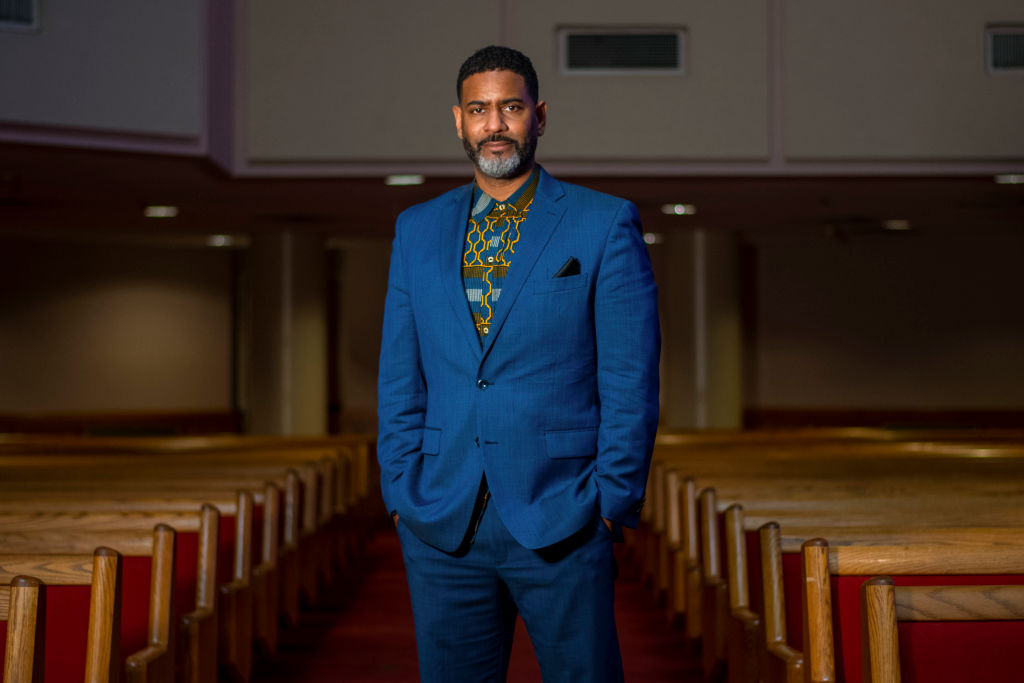
Christian and conservative spaces are not just mourning, they’re enforcing conformity to specific tropes of grief and heroism.
What’s happening here isn’t mysterious. It’s the old game of narrative control, played with new platforms and faster punishments. Power wants a monopoly on memory. It wants to decide which deaths demand sainthood, which lives deserve suspension, whose voices will be reverent, and whose will be ruined. And in that game, Black pastors have long been a problem because they insist on remembering everything. They bring the receipts. They recite history in the present tense.
Listen again to Rev. Wesley: “I am overwhelmed.”
Overwhelmed by the lies of white supremacy. Overwhelmed by a country that forces Black people to prove their equality every day. Overwhelmed by flags lowered for a man whose public works were hostile to the very lives of his congregation.
Bryant’s “cross higher than the flag” matters because Christian nationalism has worked tirelessly to convince America that the flag is the cross, that patriotism is holiness, that whiteness is righteousness, and that mourning a powerful man’s violent death requires silence about his violent speech. He pulled that spell apart on Sunday, then pivoted—bracingly—to talk about generational wealth, housing, and execution not as knowledge but as works. That, too, is part of the resistance: refusing spectacle and building power.
Moss’s rebuke of “Christless Christianity” lands because we’ve seen it. We’ve lived under it. We know what it looks like when scripture is a costume and cruelty is the creed. Black churches have been diagnosing that pathology for generations. The difference now is that a large swath of white Christianity has fused that pathology into its political identity.
And Bishop Smith’s reminder that “works will speak” is the line every PR department fears. Because if works speak, then no vigil, no eulogy, no professionally mournful tweet can silence the archive of a life lived loudly. The videos, the speeches, the taunts of Black women and others—those works speak. And they speak back when the country tries to paint over them with a single brushstroke of tragedy.
So, what do these intersecting stories of pulpits, pink slips, and pressure say about America right now?
First, that “free speech” is too often a costume worn by bullies who discover their love of civility only when the crowd talks back.
Second, that religion in America is still a battlefield. Who gets to say what “Christian” means? Is it the people quoting Jesus to bless cruelty, or the people being told they must bow to cruelty in Jesus’ name? Black churches carry a counter-tradition that measures discipleship by love and justice, not proximity to power. That’s why Sunday sounded different during the most segregated hour in America.
Third, that history is always being rewritten in real time. White America has a genius for whitewashing, sanding down facts until they don’t snag the conscience. The immediate attempt to gloss a record of racist words as “bold speech,” to confuse consequence with censorship, to insist tragedy confers sainthood is a well-worn move. The Black church’s answer is also well-worn: tell the truth anyway. Tell it in the key of freedom. Don’t apologize for having a spine.
Finally, that Black resistance still finds one of its most reliable microphones at the pulpit. Not because pastors are perfect—they’re not—but because the Black church has always been a place where the moral imagination could breathe. On Sunday, that imagination went to work. It held two truths at once: that a killing is not a victory, and that death is not detergent. It refused revenge as liturgy and amnesia as theology. It named the danger of turning grief into a gag order. It reminded a frightened, furious, exhausted people that our speech has always been costly, and that we are not new to paying the price.
So, these pastors gave their faithful guidance on how to walk this week: Grieve the violence. Reject the whitewashing. Protect the vulnerable. Speak the truth. Demand that works, not worship, define a legacy. Don’t let employers or influencers bully you into reverence for someone whose work was your diminishment.
And, don’t let fear turn your tongue to stone. Clarity is an act of faith. Truth-telling is an altar call.
Dr. Stacey Patton is an award-winning journalist and author of “Spare The Kids: Why Whupping Children Won’t Save Black America” and the forthcoming “Strung Up: The Lynching of Black Children In Jim Crow America.” Read her Substack here.
SEE ALSO:
Charlie Kirk And The Cost Of US Gun Culture [Op-Ed]
After Charlie Kirk’s Killing, Why Are Black People Paying The Price?
What's Your Reaction?
 Like
0
Like
0
 Dislike
0
Dislike
0
 Love
0
Love
0
 Funny
0
Funny
0
 Angry
0
Angry
0
 Sad
0
Sad
0
 Wow
0
Wow
0





